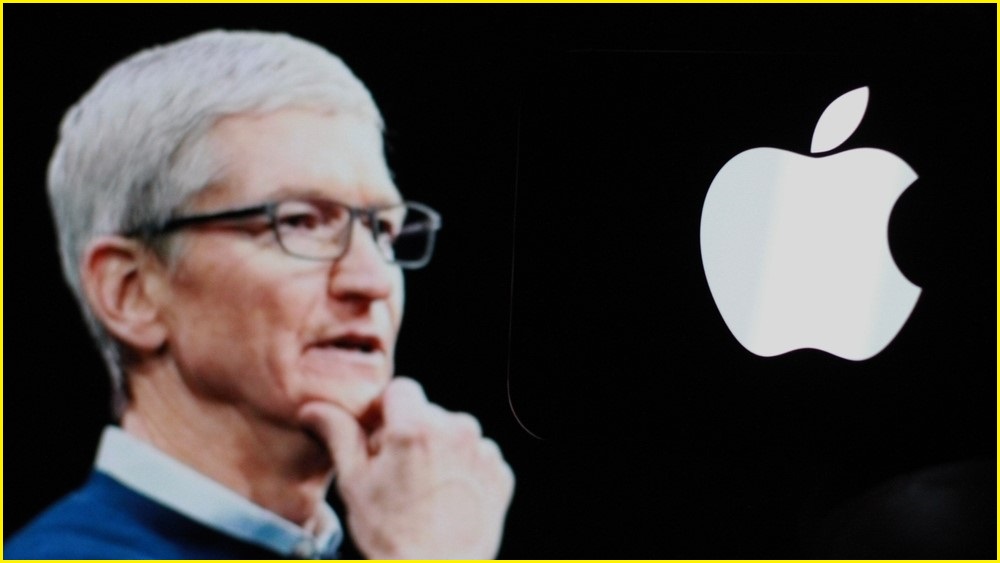Europe’s privacy and competition laws continue to cause issues for Apple, with the tech giant delaying just-announced AI features in the region and becoming the first company charged with violating the bloc’s new Digital Markets Act (DMA).
European Commission regulators levelled their first charges under the act on Monday, accusing Apple of restricting third-party app developers from steering users toward cheaper software marketplaces outside of Apple’s App Store.
In preliminary findings, the commission found the company only allowed such steering through links within apps, which still had “several restrictions imposed by Apple”.
Margrethe Vestager, the commission’s executive vice president in charge of competition policy, said steering was “key to ensure that app developers are less dependent on gatekeepers’ app stores and for consumers to be aware of better offers”.
The commission said fees charged by Apple were also “beyond what is strictly necessary”.
“For example, Apple charges developers a fee for every purchase of digital goods or services a user makes within seven days after a link-out from the app,” it said.
Apple now has a chance to respond to the commission’s preliminary findings.
If an infringement is found to have occurred, the commission can impose fines of up to 10 per cent of a company’s total worldwide turnover — or more in the case of repeated infringements.
The commission has also opened a new non-compliance investigation against Apple over concerns that new contract requirements for third-party app developers don’t fully comply with the DMA.
Regulators have concerns over Apple’s “core technology fee” of 50 euro cents, which it charges developers each time their apps are installed from the App Store or from an external source after the first 1 million downloads each year.
In a statement to the Associated Press, Apple said it had “made a number of changes to comply with the DMA in response to feedback from developers and the European Commission” over the past few months.
“We are confident our plan complies with the law, and estimate more than 99 per cent of developers would pay the same or less in fees to Apple under the new business terms we created.
“All developers doing business in the EU on the App Store have the opportunity to utilise the capabilities that we have introduced, including the ability to direct app users to the web to complete purchases at a very competitive rate.”
The European Commission must make a final decision on Apple’s compliance by March 2025.
Thierry Breton, the European commissioner for internal market, said: “Without prejudice to Apple’s right of defence, we are determined to use the clear and effective DMA toolbox to finally open real opportunities for innovators and for consumers.”

Apple claims EU laws could compromise user privacy and data security. Photo: Apple / Supplied
Apple delays AI features in Europe
Apple said it would likely withhold the release of newly announced software features from its millions of customers in Europe this year, due to concerns over EU regulations.
The features were announced at the company’s Worldwide Developers Conference (WWDC) earlier in June, and include its artificial intelligence system Apple Intelligence, as well as the ability to control an iPhone using a Mac or share control of a device's screen with another Apple user.
The features are expected to begin rolling out to users in the United States and many other countries from September.
In a statement to Bloomberg, Apple said: “We are concerned that the interoperability requirements of the DMA could force us to compromise the integrity of our products in ways that risk user privacy and data security.”
The company said it was committed to working with the commission to find a solution.
While it is unclear whether Apple's new features violate the DMA, Bloomberg points out that “withholding the technology threatens to irk consumers in the region — who might potentially put pressure on regulators”.
Apple was also hit with a $3 billion fine by the EU in March for unfairly favouring its own music streaming service over its competition.
The company has also faced regulatory pressure over its App Store in Australia, while the US Justice Department filed an antitrust case against the iPhone-maker earlier this year, accusing it of monopolising that country’s smartphone market.
The European Commission began an initial round of investigations into large tech companies after the DMA took effect in March, including other cases involving Google and Meta, as well as a separate probe into whether Apple does enough to let its users change their default web browser.










